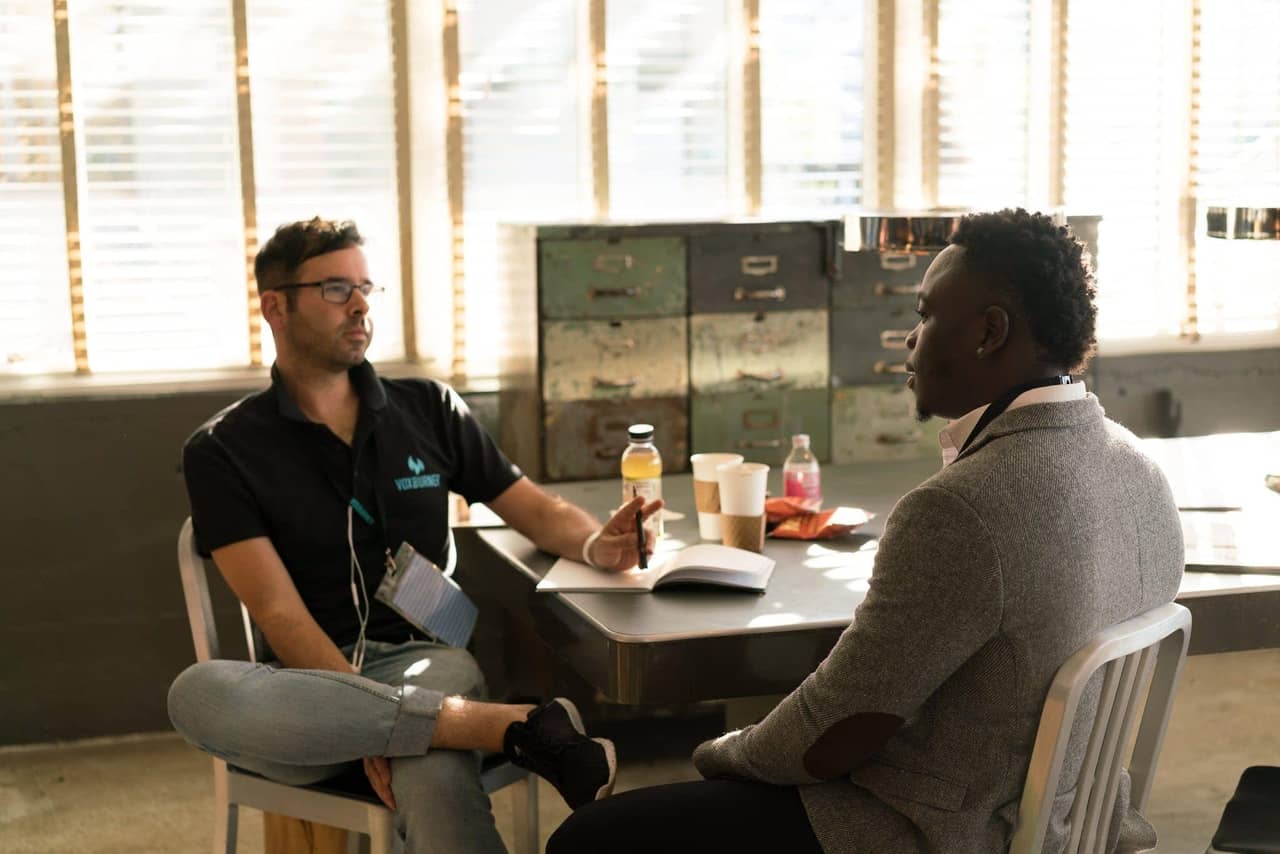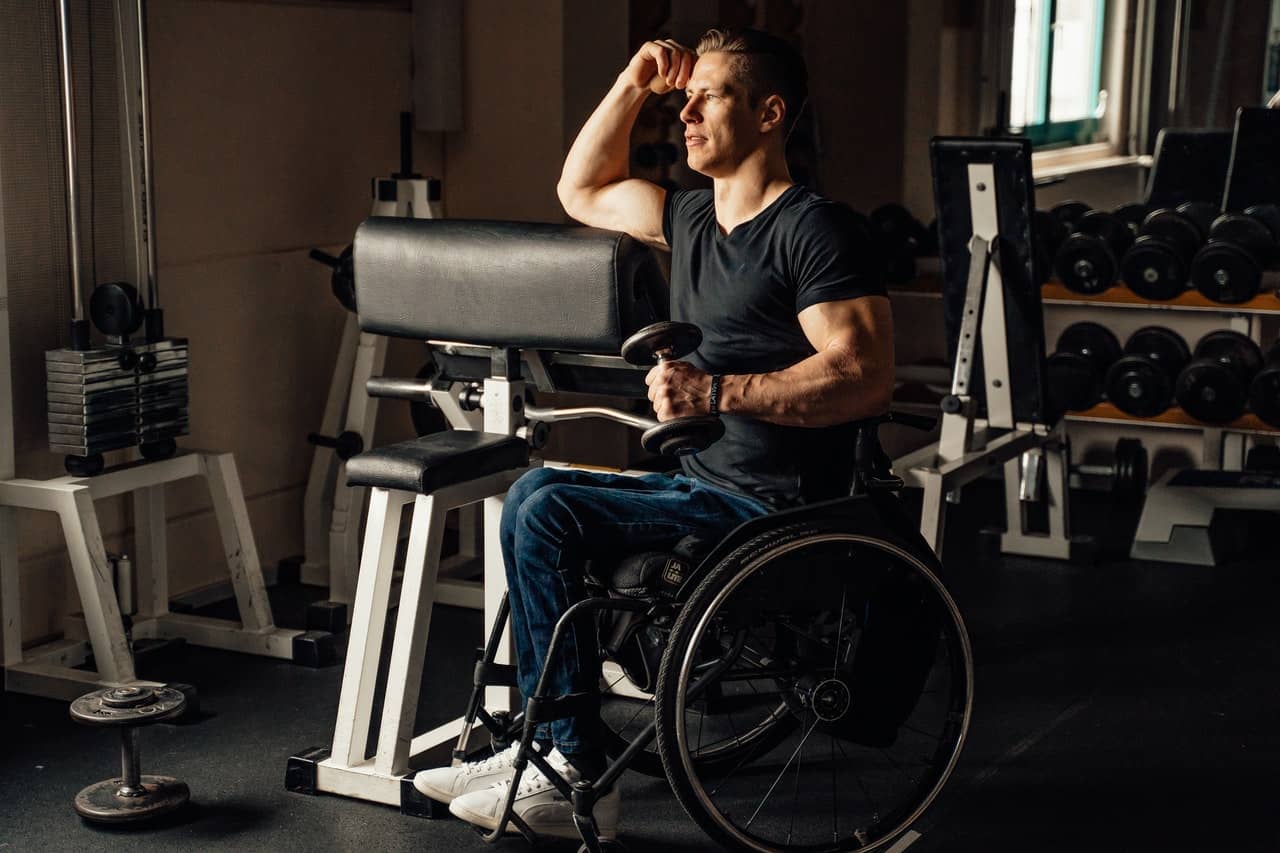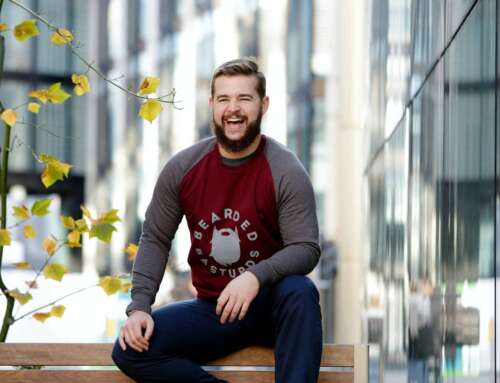Have you ever heard the saying “You can lead a horse to water, but you can’t make it drink?”
Why don’t people quit smoking when they know cigarettes lead to cancer? We tell them to quit, but they don’t.
Most people understand the fundamental concepts of weight loss and fitness, yet millions choose sedentary lifestyles. We tell them to eat whole foods and move more, but they don’t.
What is the magic ingredient that empowers people to get unstuck and create positive change in their lives? A consultant can provide the answers to any general problem, but it’s like telling someone to quit smoking, eat healthily, or exercise. A client-focused approach, on the other hand, empowers the client to understand and acknowledge the problem as it applies to them, which is more likely to lead to the desired change in behavior. The same principle can be applied to sex coaching.
Client-focused coaching sounds like a simple concept. We help clients discover how their choices and goals align (or misalign) with their values. Far too often, folks want what they think they “should” desire based on media or cultural standards. As client-focused coaches, we believe our clients are capable of creating and living their best lives based on their own core values. They are whole and resilient before they come to us even if they think they are broken. With all of our skills and knowledge, it is our job to hold space for them and remember that they are the only ones who get to determine what it is they desire.
Often, clients would rather we provide them with easy, quick-fix answers. Sometimes they ask us to set their goals for them. Even though we usually have a good idea of what our clients are looking for, simply telling our clients what we think they need to hear is not helpful. Unfortunately, that act rarely leads to lasting change.
How does client-focused coaching start?
I often compare sex coaching to fitness/personal training clients (a career I’ve had for over a decade). When someone wants to lift weights or run their first 5k, as their trainer I do an assessment before teaching any exercises. It’s similar to the initial intake form sex coaches use before working with a client and it helps reveal any trauma or major issues that already exist when the client first initiates the relationship. No one can run a 5k with an unresolved knee or back injury. The client must seek out a doctor and physical therapy in order to address these conditions before I can offer any insight or help.
Once their health issues are addressed, the client is ready for my help. The same is true for a sex coaching client who may be dealing with a mental health issue such as depression, addiction, or a personality disorder. Unless you are also a licensed professional trained to deal with such issues, refer out to someone who can address them properly (and legally).
Similar to fitness, when a healthy client comes to me for sex coaching and an assessment has been made, my job is to find out exactly what they want to accomplish in working with me. If their goal is vague, how would I know which exercises to share with them? Client-focused coaching requires us to listen deeply and keep an open mind. Oftentimes, a sex coaching client will want to fix a perceived problem (what I call the presenting agenda or what they think they want), but with some deep listening and open-ended questions, we uncover bigger concerns (deeper agenda or what they need). By the end of a good session, my client realizes other parts of their life are positively impacted by what we’ve discovered (transformational agenda or what they never expected).
In order to facilitate this type of transformational change, we cannot jump to conclusions early on about what we think our client needs without hearing what they want first. For example, it’s very easy to assume that because someone comes to us saying they are preorgasmic with their partner, we should direct the focus on becoming orgasmic. Perhaps what they really need is intimacy. Similarly, we might believe that our client has to self-pleasure in order to balance a mixed-libido relationship even though their religion forbids it. It is not our place as a client-focused coach to require them to share our beliefs about sex. The client’s agendas are our focus.
What does client-focused coaching look like?
It’s imperative to remember that we coach the person, not the problem. We do not fix our clients. We do not heal them. We listen with our ears, but also watch with our eyes and feel with our intuition. We pay attention to keywords our clients might repeat, the yearning in their voice, what’s avoided and not being said, how they’re holding or moving their body, what emotions are showing up, and what’s less easy to express. We let them decide what values are most important, what needs are unmet, and what engages their spirit. Then we can provide our clients with tools and information to empower and enrich their lives so that they can change.
Client-focused coaching means customized guidance
In fitness, if we were to create a “program” with the same exercises to fit anyone and everyone, no one would truly benefit. Client-focused sex coaching is not a one-size-fits-all model. When we use the MEBES® and PLISSIT models, we can tap into the client’s own resources by giving them a customized system that applies precisely to them. Through intentional listening and these models, we can provide the specific advice and exercises the client needs to address their presenting agenda and deeper agenda. And because we didn’t simply hand them the answer and instead guided them to realize how their choices align with their values, they are more likely to follow through.
When we change our coaching model from a consultant with the right answers to a coach with the right questions, our clients will understand how the advice we provide aligns with their core values and deepest desires. When does someone finally choose change? When they focus on and make a decision for themselves!
Curious about training to become a Certified Sex Coach™? Join the next live Info Session to meet the SCU team and participate in a live Q&A!






